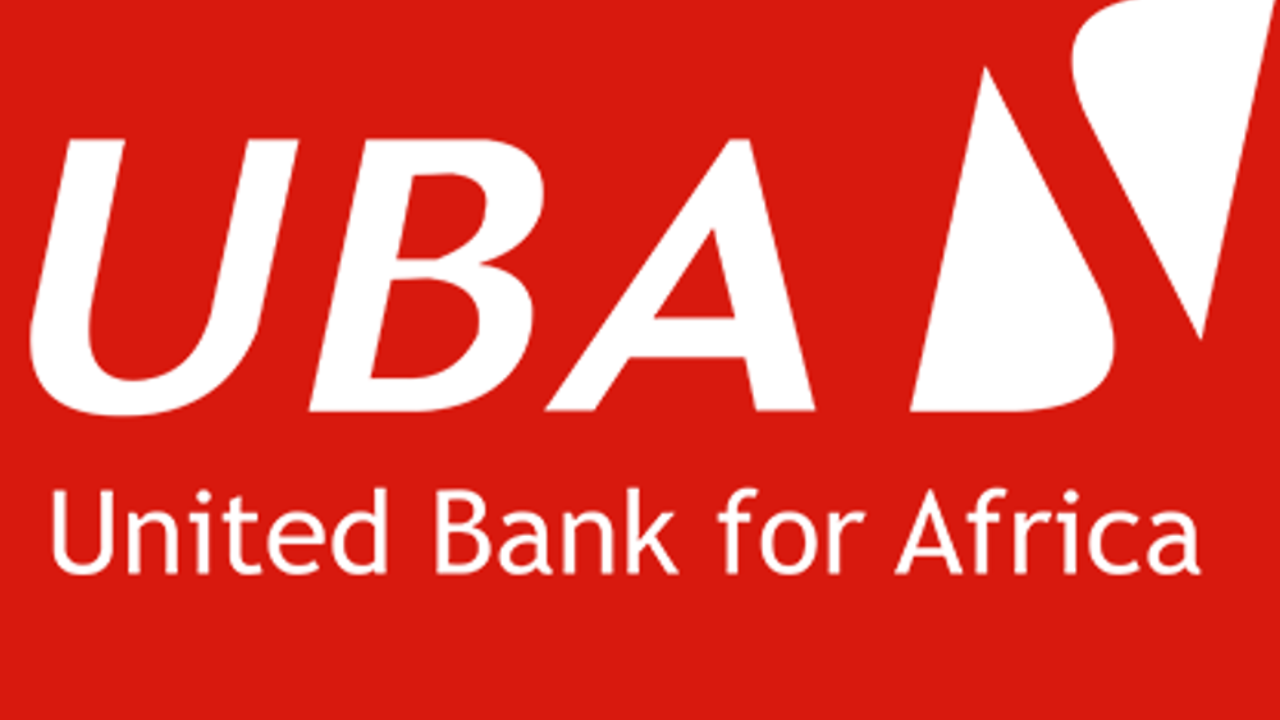The Role of Digital Banking in Promoting Financial Inclusion Across Africa - South Africa Today
Financial inclusion — the ability for individuals and businesses to access useful and affordable financial products and services — is a critical driver of economic development. Across Africa, where large segments of the population remain outside the formal banking system, digital banking is emerging as a transformative solution.
In many African countries, traditional banks have struggled to extend services beyond major urban centers. High operating costs, limited infrastructure, and regulatory challenges have left vast rural areas underserved. According to the World Bank’s 2021 Global Findex report, nearly 45% of adults in Sub-Saharan Africa do not have a formal bank account. This exclusion limits access to savings, credit, insurance, and secure payment systems.
The implications are far-reaching. Without access to these basic financial tools, many individuals and small businesses remain locked out of opportunities for growth, investment, or resilience against financial shocks. Informal systems — often unreliable and insecure — become the default, perpetuating cycles of poverty.
Mobile technology is rewriting this narrative. With mobile penetration exceeding 80% in many African countries, digital banking is reaching people who were previously beyond the reach of formal financial institutions. Mobile money services, such as M-Pesa in Kenya and MTN Mobile Money in Ghana, allow users to send and receive money, pay bills, and access credit using basic mobile phones.
These platforms eliminate the need for physical bank branches, reducing costs and broadening reach. Users can register with minimal documentation, often using national IDs or biometrics, and manage their finances with ease and flexibility. In rural areas where formal banks are rare, mobile money agents serve as critical points of access.
Fintech companies are also advancing digital banking by offering savings accounts, investment platforms, insurance, and microloans. In Nigeria, for example, digital banks like Kuda and Carbon offer full-service banking experiences through smartphone apps, targeting younger, digitally literate consumers.
Digital banking not only extends services but also builds confidence in formal financial systems. As countries develop more robust digital infrastructures and regulatory frameworks, they attract both domestic and foreign investment. Currency stability plays a vital role in this trust. It’s worth noting that the strongest currency in Africa is often associated with nations that demonstrate sound monetary policy, low inflation, and a high degree of financial transparency — all of which contribute to a more stable digital banking environment.
This association between currency strength and financial infrastructure underscores the importance of macroeconomic stability in advancing inclusion. While digital banking platforms may operate independently of central banks, their users still need assurance that stored value and transactions are secure and backed by a stable economy.
For small businesses and informal traders — who represent more than 80% of employment in Africa — digital banking is proving to be a game-changer. It allows entrepreneurs to receive payments, build credit histories, manage cash flows, and access short-term loans. Platforms like Flutterwave and Paystack enable even small vendors to accept digital payments, expanding their customer base and reducing cash handling risks.
Women, in particular, benefit when financial tools are accessible. In many regions, women face barriers to opening accounts or accessing credit. With mobile-based banking, those barriers can be lowered, although targeted efforts are still needed to close the gender gap fully.
The success of digital banking hinges on supportive policy and infrastructure. Regulatory sandboxes in countries like Rwanda, Kenya, and Ghana allow fintech startups to test innovations without being stifled by complex compliance rules. National ID systems and digital know-your-customer (e-KYC) processes simplify onboarding, while increased investment in broadband and electricity expands connectivity.
Central banks across the continent are also exploring the use of central bank digital currencies (CBDCs) to promote faster, safer transactions. Nigeria’s launch of the eNaira, for instance, signals a growing recognition of the role digital currencies can play in broadening inclusion.
Despite the progress, digital banking faces real obstacles. Many users still lack the digital literacy required to manage mobile accounts securely. Fraud, identity theft, and privacy issues remain pressing concerns, particularly in environments where regulation is still catching up.
Infrastructure gaps also persist. In some rural areas, mobile network coverage remains weak, and electricity is unreliable. Additionally, there is still a trust deficit in some communities where people have been exposed to scams or lack confidence in new technologies.
Digital banking has unlocked a new frontier for financial inclusion in Africa. It bridges the divide between formal financial services and underserved populations, offering more than just convenience — it offers opportunity. With continued investment in technology, education, and regulation, the vision of a financially inclusive Africa is more achievable than ever.
The momentum is already visible. Millions who once relied solely on cash or informal savings groups are now active participants in digital ecosystems. As these systems mature and expand, they promise not only to drive individual empowerment but also to stimulate broader economic resilience and growth.










